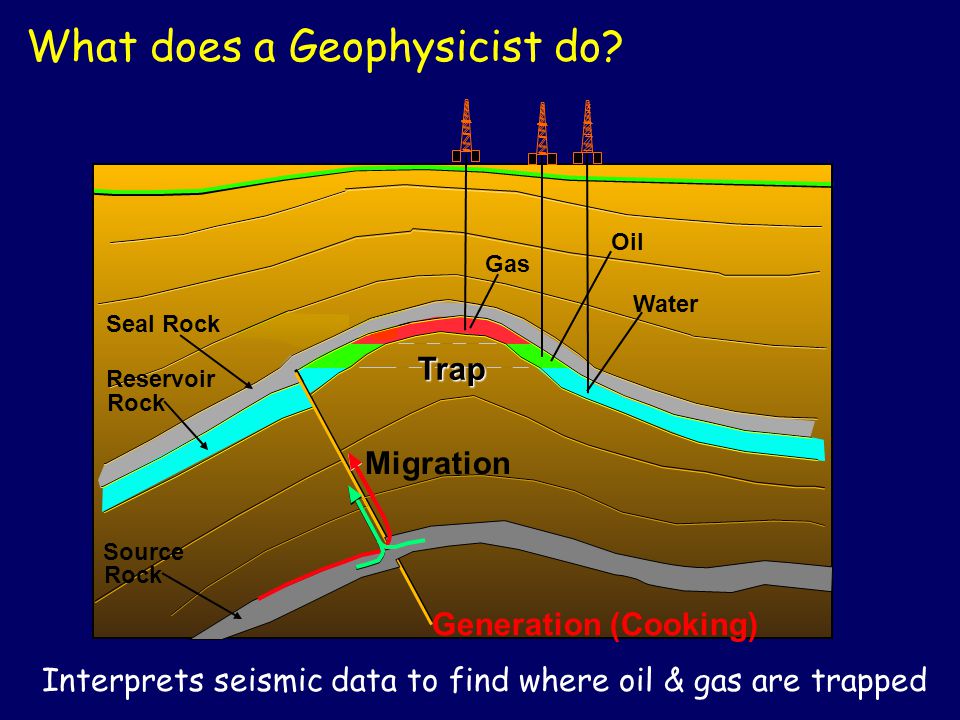All Categories
Featured
Table of Contents
Geophysical Survey - Plaza Of The Columns Complex in Bicton Western Australia 2023
This work is increasingly contracted out, so consultancies offer another source of work. Consultancy firms differ in size, from really little business to large multinationals. Some consultancies are rather specialised in utilizing specific geophysical methods or working in specific locations, while others use a more diverse variety of services to their clients.
The extraction of gas from garbage dump websites is another area of employment and this may grow in the future. Exploration companies may carry out work for building firms, water business, mining companies and environmental firms, so geophysicists may be used in any of these settings. Other employers include: geological surveysgovernment bodies and agenciesuniversities and research institutes.


Vacancies might be listed in the oil and gas sector press. Recruitment is affected by oil rate variations and the level of competitors for positions differs depending on this. Professions Days, which cover the full series of geoscience careers and are normally participated in by a variety of essential market employers, are run by The Geological Society.
Marine Geophysical Surveying - in Northbridge WA 2021
A few of the big oil and gas companies use a complete two-year structured training program across the breadth of geophysics, including the opportunity to experience work in various groups before specialising in one area. Your training may consist of work on: existing wellsmagnetic and gravitational potential field information analysisresearchrock analysis. It's more normal for your initial training to be supplied on the job.

There may be a probationary duration during which you work alongside a skilled colleague. Competency-based appraisals occur regularly in many firms. In smaller sized firms, and for scholastic posts, there is not likely to be any official training - you'll be expected to begin work straightaway and pick up skills as you go along.
If you work for a smaller company, you might find that you need to take responsibility for arranging and moneying your own advancement and training. If you have a geology degree, membership of The Geological Society can be useful for networking and for keeping up to date with the industry.
Geophysical Surveys in Pickering Brook WA 2022
You may likewise discover it helpful to join the PESGB (The Petroleum Exploration Society of Great Britain, which has a geophysics special interest group. After a probationary duration, and once you have actually gotten some experience, you might progress to senior geophysicist, then team leader and then into a senior function in management.
The ease of motion between functions depends on the company structure. Study at Masters or Ph, D level in a subject associated to geophysics or geosciences may help with your career development and progression. The employment market within the oil and gas industry is really based on rate and this may affect your opportunities for profession progression.
Nevertheless, not all tasks depend on the oil and gas markets. For knowledgeable geophysicists, freelance consultancy offers a great route for career development. You can also specialise in a particular area of geophysics. As a geophysicist, you're likely to have a number of tasks throughout your working life. Global movement is crucial for handling peaks and troughs in different countries at different times.
Geophysical Surveys in Joondalup Australia 2021
From geophysics, it's possible to concentrate on seismology (finishing more training to end up being a seismic interpreter) or to move into related locations such as engineering geology or hazard prediction.
Choosing what to study in college is a difficult option. Even if you know that your field of interest lies in science, what program of research study is best for you?
However the initial step to accomplishing your objective of ending up being a geophysicist is making a degree. Even for entry-level positions in the field of geoscience, you'll require a bachelor's degree (a geophysicist college degree) from a recognized college or university. Some research positions need candidates to hold master's degrees or perhaps Ph.
Average Geophysicist Salary in Karawara Western Australia 2022
Doctoral degrees are especially important if you plan to teach at a four-year institution. Geophysicists apply physics concepts and techniques to study the gravitational, magnetic, and electrical fields of the earth. This enhances researchers' knowledge of both the world's interior core and its surface area. Geophysicists must have the ability to: analyze rocks, photos, and other pieces of data carry out research study both in the field and in labs develop maps and charts of their findings compose reports To accomplish all this, students need a specialized education for geophysicist professions.
As stated above, you'll require a bachelor's degree in geoscience or a related discipline, such as a physical science or a natural science, to land an entry-level task. Trainees can also prepare by majoring in subjects like: Biology Chemistry Computer science Engineering Mathematics Physics The above geophysicist majors offer a more generalized approach to a single clinical discipline, but the majority of programs require trainees to take one or more geology course.
Latest Posts
Geoscientist - College Of Science in St James Aus 2021
What Is A Seismic Survey? in Straffon Oz 2021
What Are Geological, Geochemical, in Hovea WA 2022